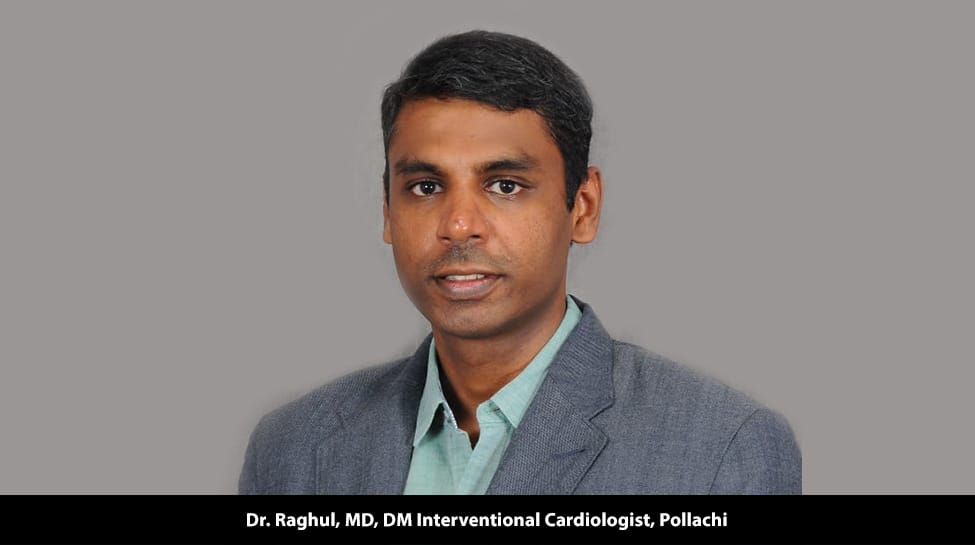What happens in a heart attack?
Your heart muscles need oxygen to stay alive. A heart attack, which is a serious medical emergency, happens when the oxygen-rich blood that flows to the heart muscle slow down or is cut off.1
It happens when fat, cholesterol, and other substances, together called plaque, slowly build up in the coronary (heart) arteries, which bring blood to the heart muscle. This process is called atherosclerosis. It makes the arteries narrow and slows the blood flow. Sometimes, a plaque can break and cause a blood clot that blocks the blood flow.1
Atherosclerosis process doesn't show any signs or symptoms. When a coronary artery gets narrow, other nearby blood vessels that serve the heart sometimes get bigger to make up for it. This may be why there are no warning signs.1
When the heart muscle does not get enough oxygen or nutrients, ischemia occurs. Ischemia causes damage to or death of part of the heart muscle, leading to a heart attack.1 Heart attack can be "silent" and go unnoticed, or it can be a major event that causes the heart to stop working and the person to die suddenly.2

What would you experience during a heart attack?
There are different symptoms of a heart attack, and some are more common than others. Your gender can also affect your symptoms. Men and women are more likely to have different heart attack symptoms.3
People who are having a heart attack most often describe chest pain that starts in the chest and moves to the left arm (or both arms), shoulder, neck, jaw, back, or down toward the waist. Other symptoms include shortness of breath, nausea or stomach pain, heart palpitations, anxiety, sweating, and feeling dizzy or passing out.3
Women are more likely to report more of shortness of breath, tiredness, and trouble sleeping that started before the heart attack. They may also talk about pain in the back, shoulders, neck, arms, or stomach, as well as nausea and vomiting.3
The heart muscle that has lost blood supply starts to become injured when a heart attack occurs. The size of the area supplied by the blocked artery, as well as the interval between the injury and treatment, determine how much damage the heart muscle sustains.1
Scar tissue is formed as the damaged heart muscle from a heart attack heals. Your heart muscle will typically take several weeks to heal. The amount of time depends on the severity of your injury and how quickly you are recovering.1
The heart is a very resilient organ. It continues to beat even though a portion of it may have been seriously hurt. However, as a result of the damage, your heart may be weaker and less able to pump blood than usual.1
Would your life be normal after a heart attack?
After a heart attack, the heart muscle starts to heal right away. More damage can be limited or stopped by getting proper treatment and with lifestyle changes.1
Disclaimer: This article is for educational purposes only. Please consult a qualified doctor before taking any decisions regarding recommendations in the article or for more information.
References: 1. What is a Heart Attack? [Internet] [Updated Jul 31, 2016]. Available at: https://www.heart.org/en/health-topics/heart-attack/about-heart-attacks. Accessed on Sep 2, 2022. 2. Ojha N, Dhamoon AS. Myocardial Infarction [Internet] [Updated May 22, 2022]. Available at: https://www.ncbi.nlm.nih.gov/books/NBK537076/. Accessed on Sep 2, 2022. 3. Heart Attack (Myocardial Infarction) [Internet] [Updated Aug 11, 2021]. Available at: https://my.clevelandclinic.org/health/diseases/16818-heart-attack-myocar.... Accessed on Sep 2, 2022.
(Brand Desk Content)
















